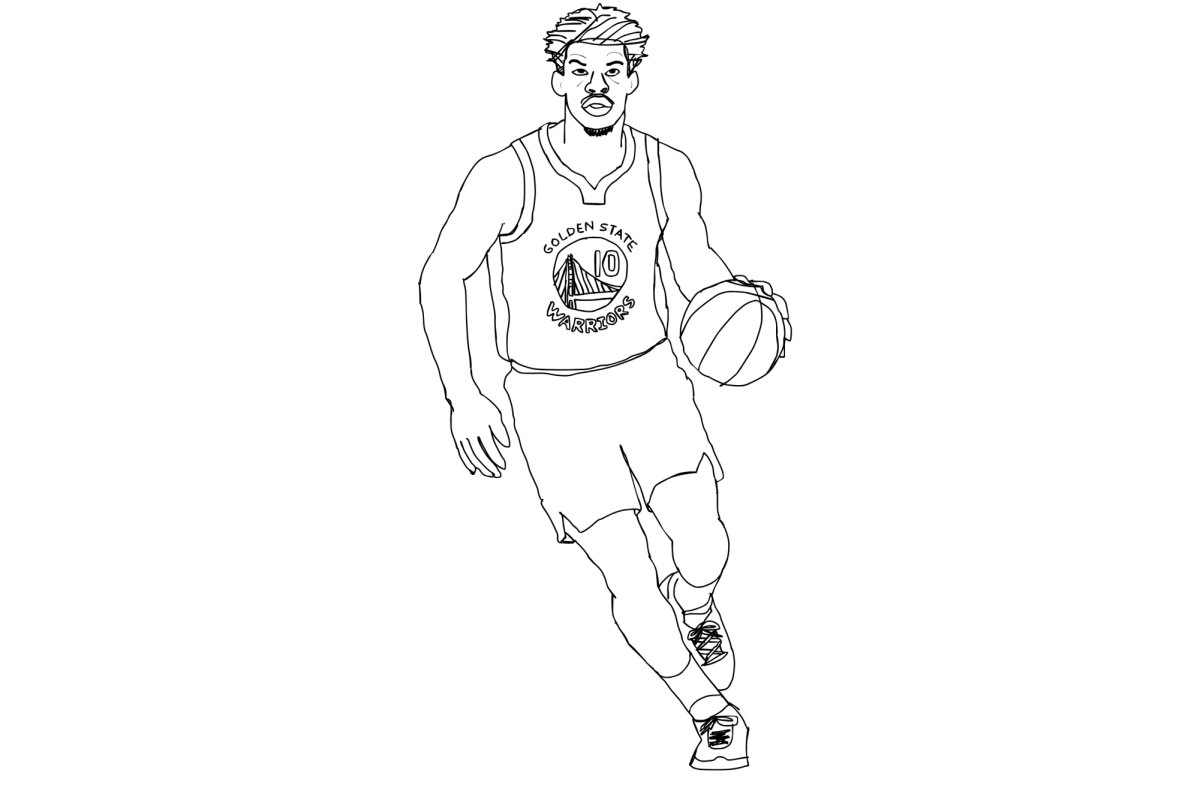The NFL is my heroin, and I got started on football early. Fandom is a genetic disease, and mine started a lot like yours probably did. Maybe your brother gave you your first hit at the Oakland Coliseum. Maybe it was with some cousins at Qualcomm Stadium in San Diego. My 49ers fandom was a birthright, handed down to me by my father over so many autumn weekends out at Candlestick Park.
My dad was a great person, and so many of the lessons he taught me about being a man could be told through the prism of the gridiron. Teamwork, responsibility, relentless drive, camaraderie, heart – Dad would point a finger to the field from our nest in Upper Reserve 52, and through my binoculars I could see these traits personified. By playing the game as a teenager, those traits galvanized inside of me.
My understanding and love for football only grew through those days. But I don’t get the NFL anymore, and I’m starting to hate it.
I’m 27 now, and years have gone by since I last strapped on a cleat or saw my dad. He lost his battle to lung cancer when I was 21, and although we spread his ashes out at Stinson Beach, the times I’ve felt most close to him were when I returned to Candlestick Park.
So it’s easy to see why, in my most idealistic moments, I can inflate the worth of football so much. I see the NFL as the gladiator games of our empire. One day, archeologists will dig up the Americas and find the remains of giant coliseums where brutes clashed in hopes of clutching glory and becoming champions. Of course, sports writing will tell the tales, like Latin characters chiseled into marble.
But what will these future generations read about today’s NFL and its heroes? That this multi-billion dollar empire watched its Hall of Famers deteriorate to the point of insanity from so many hits to the head like Jim McMahon, only to fight them in court over health insurance benefits?
That Wes Welker’s exploits with drugs became a more important story than the three concussions he suffered in ten months, if only because of the comic relief that the former story offers?
That depression became so unbearable for greats like Junior Seau that they felt suicide was the only answer?
And will they read that this league – the league that taught me so much about being a man of integrity when I was young – simply turns the other cheek to one of its stars brutally beating his fiancée, only to backtrack and spout lies and excuses when their shoddy façade falls?
Surely this is the same NFL that I fell in love with as a kid; the same NFL that I bonded with my father over. It’s just grown too large and too fast for us to understand. It’s getting too much exposure to hide in plain sight anymore.
Indeed, these are our gladiator games, in the sense that we gather by the thousands every Sunday, starving for violence, ready to feed our most carnal subconscious, just like the Romans. Who cares about the collateral damage – those human lives – because the National Football League is morally bankrupt, and by extension, so are we.
But it won’t change. It doesn’t have to, because we won’t quit it. No matter how disgusted we are, we won’t stop watching. And we are guilty by association.
Football is the great distraction, America’s new “Opiate of the Masses,” a Sunday trip to church for those not religiously inclined. I turn to NFL Live when I don’t want to be burdened by the plight of the world for a while, and yet it seems that football has become just another mirror on which that plight casts its hideous image. This league perpetuates violence, objectifies women, requires drug use and literally kills its own employees. It’s a grand estate built on a cracked foundation.
I’ve always wanted to have a son that I could share my love of football with, just like my dad did with me. But I’m not so sure I want to put that burden on him anymore. Football is my great addiction, and the NFL is my pusher. Everyday I watch what it does in disgust and horror, but I just can’t quit. None of us can.







